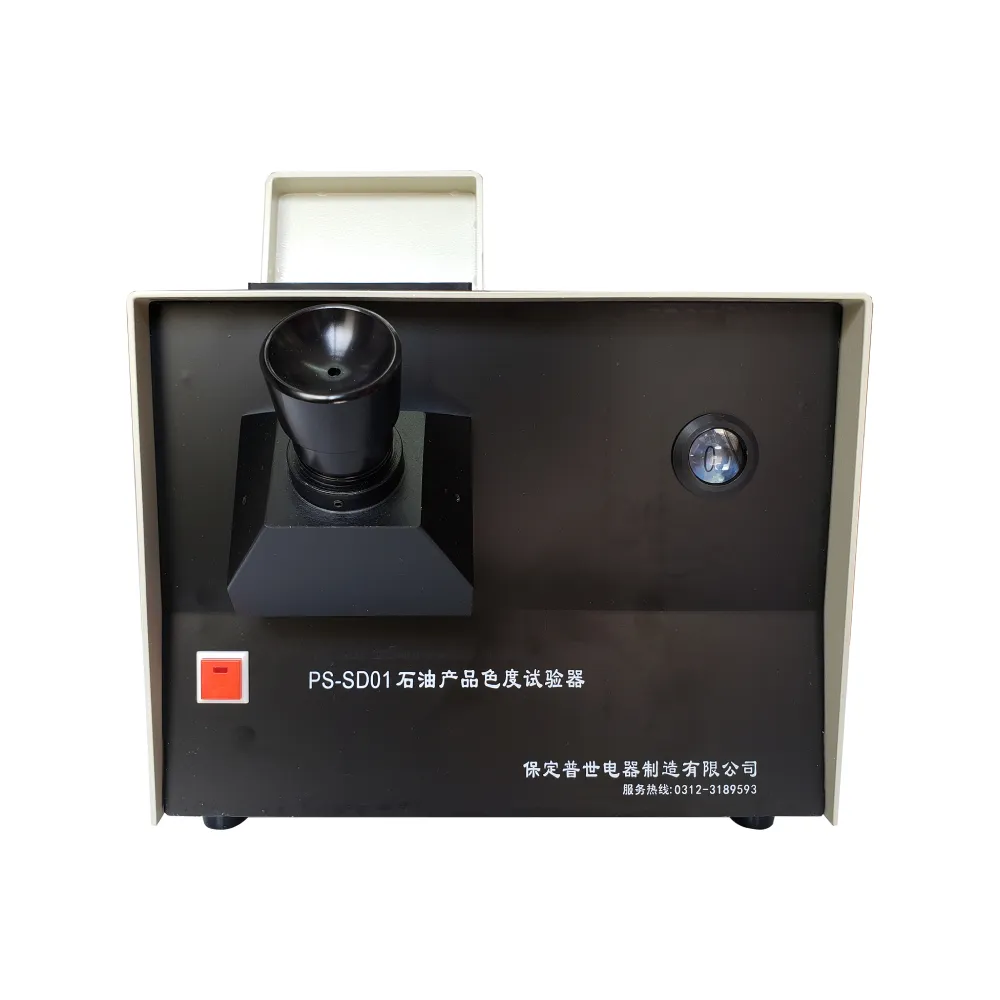 English
English


transformer dielectric strength
Understanding Transformer Dielectric Strength
Transformers play a critical role in electrical power systems, acting as a bridge for efficient energy transfer between different voltage levels. One of the most important parameters that define a transformer’s performance and reliability is its dielectric strength. This property is crucial, as it determines the insulation materials' ability to withstand electrical stress without breaking down, thus ensuring safe and efficient operations.
What is Dielectric Strength?
Dielectric strength is defined as the maximum electric field that a material can withstand without experiencing failure. It is expressed in volts per unit thickness (V/m or kV/mm) and indicates how much voltage a dielectric material can handle before it becomes conductive. Transformers utilize various insulating materials, including oils, paper, and synthetic compounds, that must possess high dielectric strength to prevent electrical failures.
Significance in Transformers
Transformer dielectric strength is essential for several reasons. First, it directly impacts the lifespan of the transformer. The higher the dielectric strength, the more effectively the insulation can perform under high voltage conditions, which in turn reduces the probability of catastrophic failures that can lead to long downtimes and expensive repairs. Second, dielectric strength is critical for maintaining operational safety. Insulation failures can result in electrical shocks, fire hazards, or even explosions, posing a significant risk to personnel and infrastructure.
Factors Influencing Dielectric Strength
Several factors can influence the dielectric strength of transformer insulation
1. Material Composition Different insulating materials have varying dielectric strengths. For example, mineral oil, commonly used in transformers, has a high dielectric strength compared to other materials. Advances in synthetic insulation compounds have also created options that offer improved performance characteristics.
2. Moisture Content The presence of moisture can significantly decrease the dielectric strength of insulation materials. Water acts as a conductor, which can facilitate electrical breakdown. Therefore, maintaining dry conditions within transformers is crucial.
transformer dielectric strength

3. Temperature Elevated temperatures can weaken dielectric materials, leading to a decline in dielectric strength. Continuous exposure to high temperatures can accelerate the aging of insulation and ultimately reduce its effectiveness.
4. Mechanical Stress Physical abuse or mechanical stress can cause the insulation to degrade over time. This degradation can create potential weak spots that are more susceptible to electrical breakdown.
Testing Dielectric Strength
To ensure that transformers meet operational standards, regular testing of dielectric strength is conducted. Testing methods like the dielectric breakdown test help in determining the insulation's integrity before and during service. These tests apply a controlled electrical field to the insulation and measure its response, helping to identify any weaknesses or failures in the insulation system.
Improving Dielectric Strength
To improve dielectric strength, manufacturers focus on enhancing the quality of insulating materials. Continuous research into new compounds and refining existing materials are vital. Implementing effective moisture control and thermal management strategies also plays a crucial role in maintaining dielectric strength over the transformer's operational life.
Additionally, adopting advanced monitoring technologies can help detect early signs of insulation stress. These technologies can provide real-time data, allowing for proactive maintenance and reducing the risk of transformer failures due to dielectric breakdown.
Conclusion
In summary, dielectric strength is a fundamental aspect of transformer design and operation. Understanding the factors that influence dielectric strength, conducting regular testing, and implementing maintenance strategies are essential to ensuring the reliability and safety of transformers in electrical systems. As technology advances, ongoing research and development in insulating materials will continue to play a vital role in enhancing the performance and durability of transformers in the face of ever-increasing demands on electrical infrastructure.
-
Differences between open cup flash point tester and closed cup flash point testerNewsOct.31,2024
-
The Reliable Load Tap ChangerNewsOct.23,2024
-
The Essential Guide to Hipot TestersNewsOct.23,2024
-
The Digital Insulation TesterNewsOct.23,2024
-
The Best Earth Loop Impedance Tester for SaleNewsOct.23,2024
-
Tan Delta Tester--The Essential Tool for Electrical Insulation TestingNewsOct.23,2024





